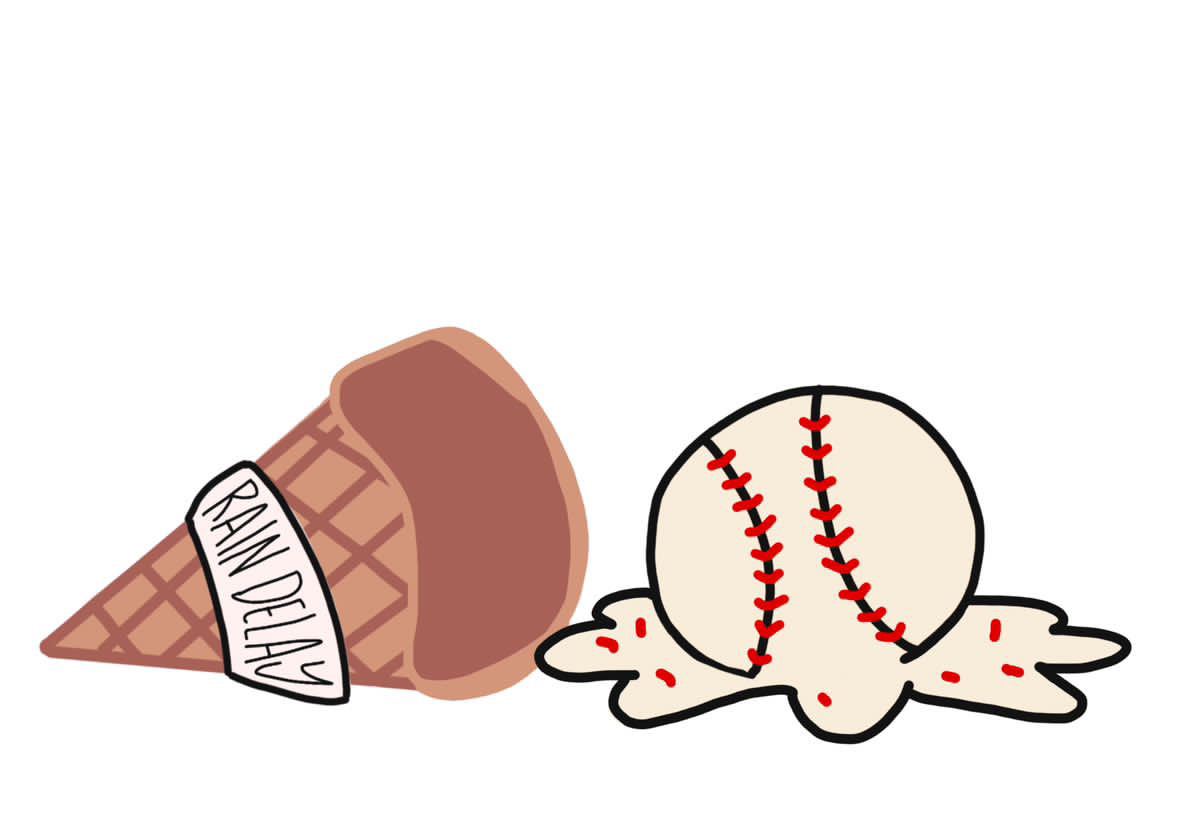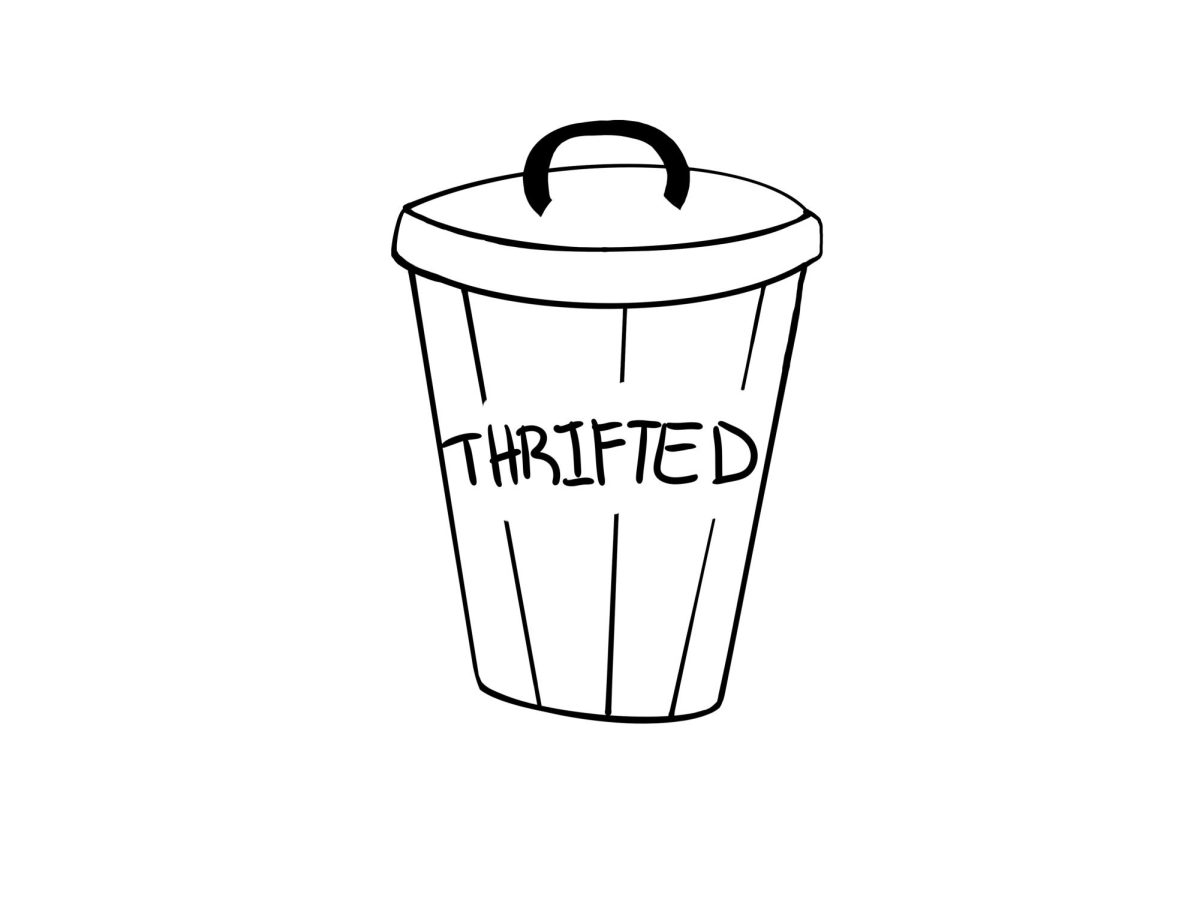
What is a grade worth if earning it doesn’t teach you the curriculum? What is the purpose of high school if not to prepare you for the real world?
Does an assignment that is coaxed from a student through incessant reminders and hand-holding lose its benefit?
Beginning three weeks ago, the administration set up mandatory lunchtime study halls for students who are missing multiple assignments.
Attending up to three required sessions each week, a number of students have turned in work which they might not have otherwise completed.
These study halls appear to be effective in that they provide students a time to complete late assignments and catch up on their homework. But in evaluating the merit of these sessions, we are forced to question what qualifies as a success.
In the real world, bosses don’t invite their workers to group therapy sessions and politely request that their employees submit their weekly work quota. In business, employers seldom have the leeway to account for mistakes and are quick to find replacements for underachieving workers.
Yet, this lunchtime study hall is teaching students to rely on an outside source to coerce and plead with students to finish work. Instead of slowly becoming more independent, these policies are encouraging us to be more dependent on someone else.
An essential distinction between high school and adulthood is the increase in decisions we make for ourselves. Our leaps in maturity are measured by the greater responsibility we claim in our own lives. If we are expected to continue to become indpendent thinkers, our palette of choice should be as large as possible.
Our level of dedication to school work should be a conscious decision we make. All students should be able to choose whether they spend their break doing schoolwork or socializing with their friends: the administration shouldn’t dictate the way we spend our time.
We understand that the administration wants to help students who have missed assignments. However, a line should be drawn between using the sessions as a gentle reminder to finish one’s homework and its use as a substitute for self-reliance.
Ideally, the sessions would serve as a stepping stone, the helping hand that lifts a struggling student back onto his or her feet and teaches them that they are, in fact, capable of completing homework on time. However, forced lunchtime study hall is not a constructive way to teach a student new study habits.
If the administation is trying to teach students to be responsible for both their successes and their failures -as will be demanded of them in the real world- teachers should not be afraid to slap a few zeros in the grade book. As long as failure remains an empty threat, students will continue to procrastinate due-dates and fall behind.
We have the advantage of attending an extremely high acheiving, motivated school where a grade that slips a few percentage points could be a serious wake-up call, the essential slap on the wrist that giving up a few lunches fails to provide.
Instead of asserting dominance over a student’s free time, the administration should think about a process that slowly gives students control of their work, not one that drags them toward dependence.






















